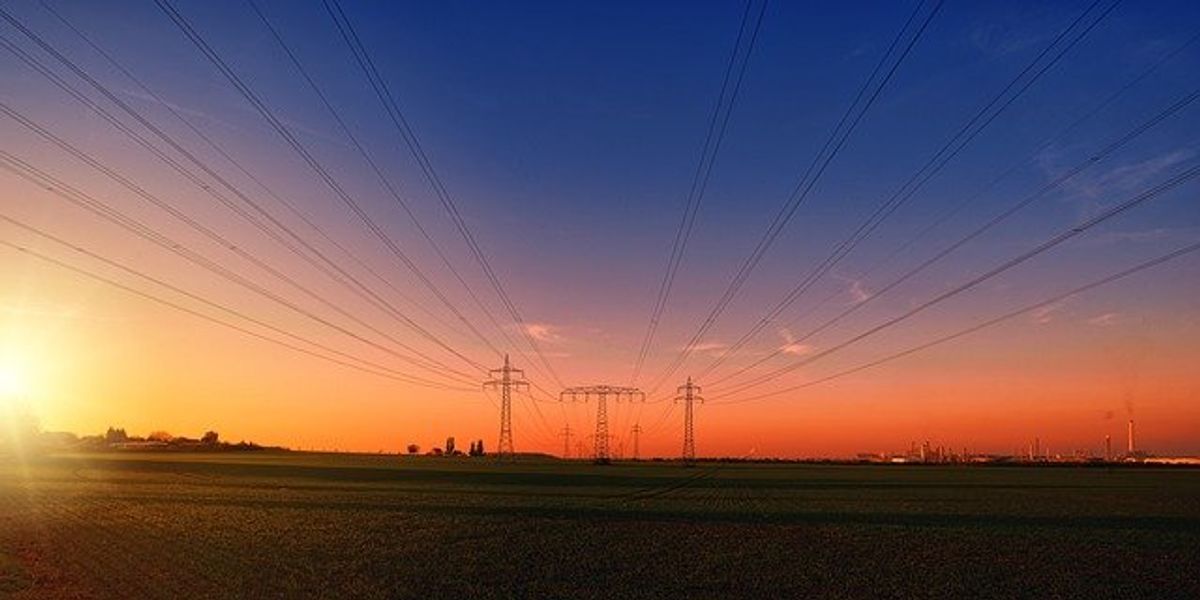
Fuel emissions debate fuels Australia's climate conversation
In a country where the pickup truck is a symbol of the working class, Australia's move toward fuel emissions standards signifies a major policy shift, reflecting global environmental concerns.
Michael E. Miller reports for The Washington Post.
In short:
- Australia's lack of fuel emissions standards has placed it alongside countries like Russia and Turkey, contributing to higher pollution levels from older, less efficient vehicles.
- The proposed regulations aim to align Australia with international standards by 2028, allowing high-emitting vehicles but offsetting them with cleaner models or facing penalties.
- Critics label the initiative as a "ute tax," predicting price hikes for cars, though the government and some think tanks argue the impact on prices will be minimal.
Key quote:
"It’s astounding that we haven’t done it until now. It’s the lowest of low-hanging fruit."
— Matt Grudnoff, economist at the Australia Institute
Why this matters:
Fuel emissions standards are essential for reducing the carbon footprint of the transportation sector, which is a significant contributor to global greenhouse gas emissions. By enforcing stricter regulations, governments can compel automotive manufacturers to innovate and develop more fuel-efficient and less polluting vehicles, such as hybrids and fully electric cars.
A children's health expert, seeing our kids imperiled by fossil fuels and climate change, calls for a kids-first revamp of energy policies.














